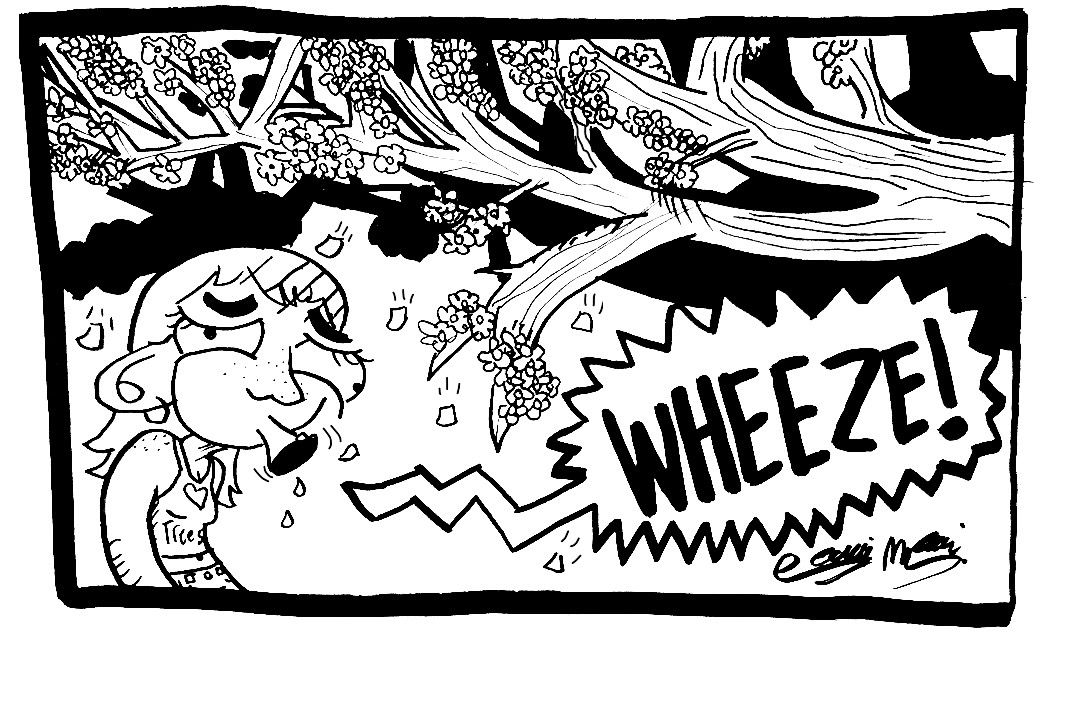The morning of Phil Augustin’s death, my roommate observed that people seem to encounter many deaths during college. Between new friendships, classes, work and various organizations, you become connected to a large network of people in a very short period of time.
Phil was someone who knew everyone. His friends complained that it took forever to walk places with him because he had to say hello to everyone, and he never left a room without shaking every person’s hand or offering a kiss on the cheek. Everyone noticed when Phil walked onto a scene. But everyone also noticed when it was time for him to walk out.
More than through degrees of separation, people also knew what Phil was all about. He introduced himself freshman year by opening his door and playing porn audio to inevitably attract anyone within earshot. People knew that when Phil told a joke, oftentimes it did not actually have a punch line; he just wanted to see if he could make you laugh.
It was obvious that Phil loved who he was, but he still had plenty of love to spare. If you were having a bad day, Phil was armed with that remarkably contagious smile he was powerless to contain.
Throughout last year, he had to beg his friends for money because he would spend his last meal points on Fetch, the homeless man who frequents Foggy Bottom Grocery. A habitual peacemaker, Phil was good at building bridges, although he never really understood why people began fighting in the first place.
Wherever Phil went, people seemed to want to follow, even if it meant sitting outside elevator doors for more than an hour. Last year, when he was taken prisoner by a Thurston service elevator, crowds on several floors quickly formed outside the doors until he was released. Whether it was for an audience of one or 100, Phil was a natural entertainer. The words of his free styles reflected an agile mind, and his ability to connect phrases reflected his intrinsic sense of rhythm. Phil understood exactly what a person can do with time.
This past weekend, a diverse group of people became suddenly connected in New Jersey. The many GW students who attended Phil’s funeral services got the opportunity to meet those who had been touched by Phil throughout several chapters of his life. And although each had different stories to tell, and perhaps cried for entirely different reasons, it became clear that many parts of Phil had never changed. He would always be the son who gave selflessly to his church and the articulate diplomat who advocated the importance of developing a pitless peach.
At his funeral, two people quoted Ralph Waldo Emerson’s definition of success, stating that Phil had already accomplished that which every person strives, “to laugh often and much; to win the respect of intelligent people and the affection of children; to earn the appreciation of honest critics and endure the betrayal of false friends; to appreciate beauty; to find the best in others; to leave the world a bit better, to know even one life has breathed easier because you have lived.”
Though no one could ever definitively quantify whether or not a person truly lived, as evidenced by each anecdote, each of his characteristics and his aunt’s challenge, “I dare you to be a Phil,” to many people, Phil has created an eternal point of reference.
-The writer is Hatchet arts contributing editor.




